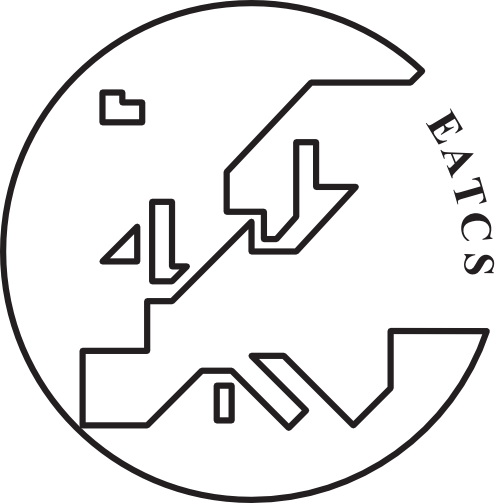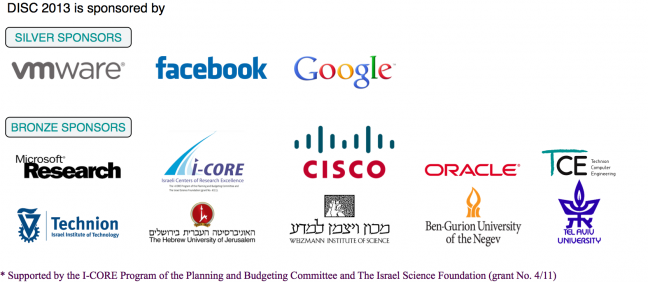Thursday, October 17
17:30-17:40: Welcome Remarks
17:40-18:10: Resource Placement Under Stochastic Demands in Networked Topologies
Hanoch Levy, Tel Aviv University
We consider the problem of how to place and efficiently utilize resources in network environments. The setting consists of a regionally organized system which must satisfy regionally varying demands for various resources. The operator aims at placing resources in the regions as to minimize the cost of providing the demands. Examples of applications include peer supported video on demand services and cloud-based systems consisting of regional server-farms. The challenge posed by the system is the need to deal with an arbitrary multi-dimensional (high-dimensionality) stochastic demand. We show that, despite this complexity, one can optimize the system operation while accounting for the full demand distribution. We analyze this problem and provide a solution framework and algorithmic solutions for a wide variety of model variations.
- Joint work with Yuval Rochman and Eli Brosh
18:10-18:40: Efficient multi-pattern matching on Compressed HTTP traffic.
Yaron Koral, Tel Aviv University and the Hebrew University
‘Signature-based’ detection is one of the fundamental technique to detect malicious activities in a network environment. Today, the performance of the security tools is dominated by the speed of the string-matching algorithms that detect these signatures.
A significant part of the traffic over the Internet is compressed HTTP. However, current security tools do not deal with such a traffic and require some kind of decompression phase before performing the multi-patterns matching task. Thus, there is a high performance penalty in pattern matching on compressed data.
In this talk, we present efficient algorithms for ’on-the-fly’ multi-pattern matching algorithms for common HTTP compression algorithms, such as GZIP and SDCH (Google’s compression algorithm). Our results show that surprisingly it is usually faster to do pattern matching on the compressed data, with the penalty of decompression, than to do pattern matching on regular traffic.
The talk is based on three papers: one with A. Bremler-Barr (INFOCOM 2009, later in Transactions on Networking 2012), one with Y. Afek and A. Bremler-Barr (Networking 2011, later in Computer Communication 2012) and one with S. Tzur-David, D. Hay and A. Bremler-Barr (INFOCOM 2012).
18:40-19:10: Some Open Questions on the Borderline of Networking and Distributed Computing.
Michael Schapira, the Hebrew University
We will illustrate via Internet routing several promising research directions at the interface of distributed computing and networking including mechanisms for establishing connectivity (and other desiderata) in the data plane, self-stabilizing Internet protocols, and incentive-compatible protocols.


